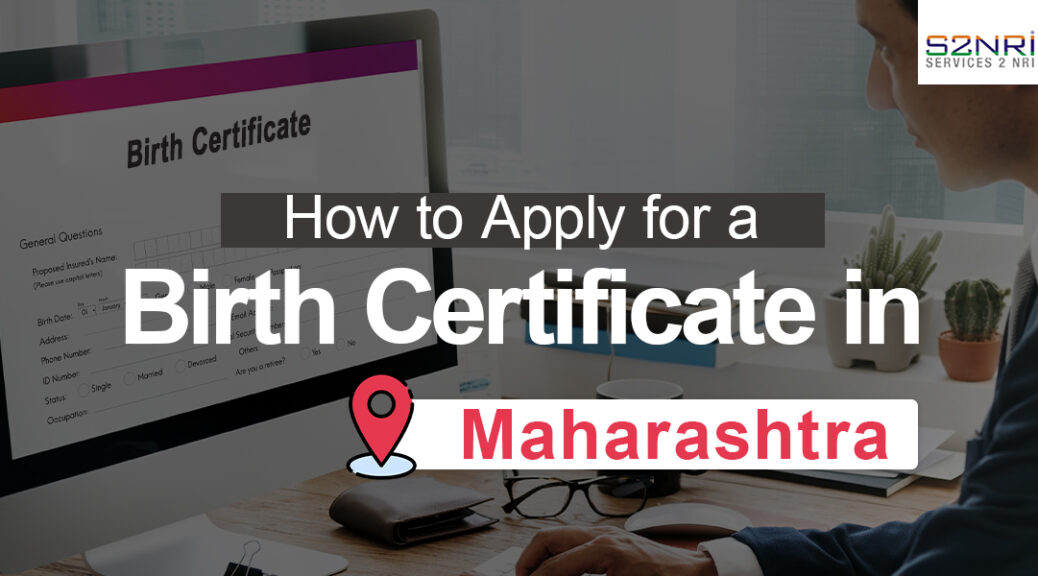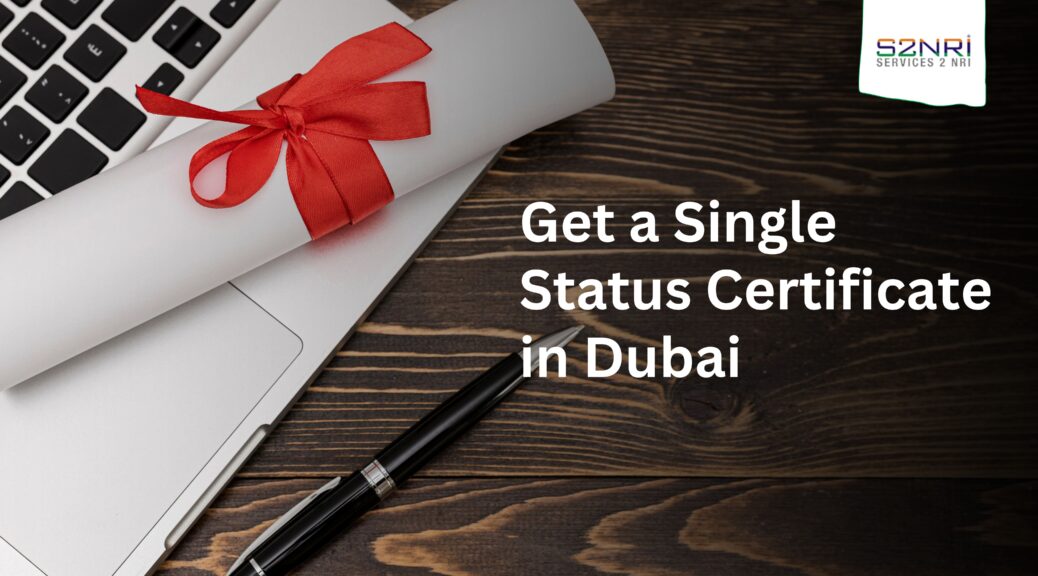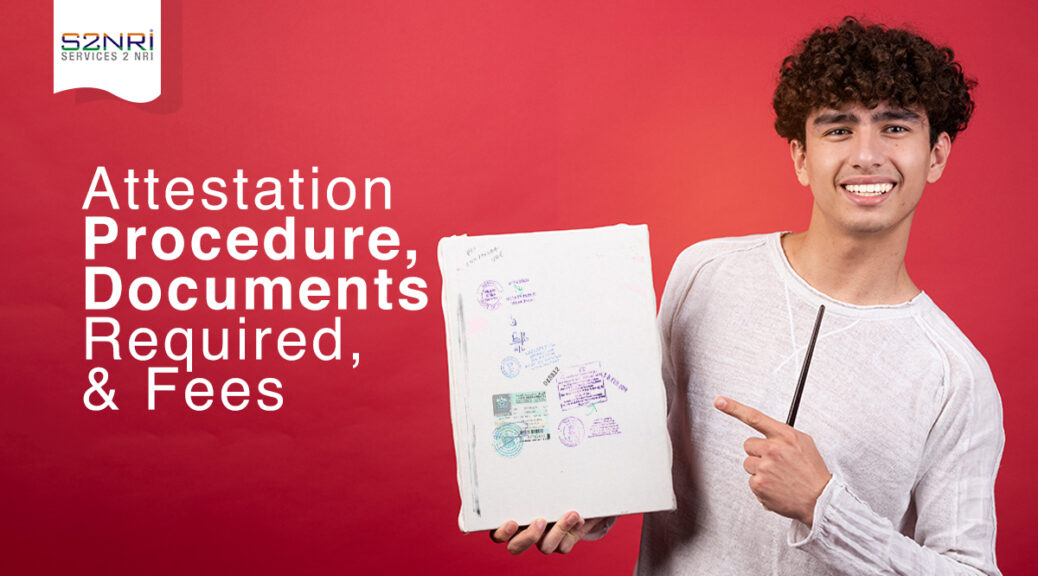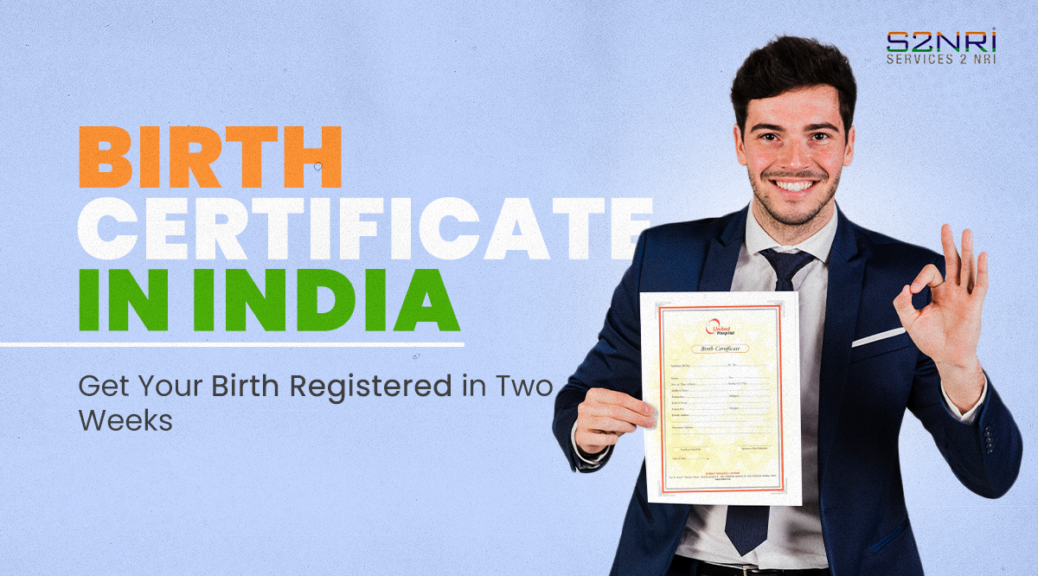
Why Is Investing In India A Great Option For NRIs?
India is NRIs Favourite Investment Destination: Why
Are you an NRI and want to park your hard-earned money somewhere that is safe and profitable?
Well, India can be a compelling alternative for it. The reasons are countless, ranging from emerging as a robust economy to a multitude of investment options. Being an apple of the world’s eye and the 5th largest economy in the world, this Asian country is no less than a heaven for investors, especially those who live abroad. It is not only growing consistently but also providing NRIs with a golden opportunity to maximise their additional earnings.
Do you want to know why? Here is an overview of the obvious points.
Why NRIs should invest in India?
As aforesaid, many positive things are actually going on here, which makes it an appropriate place to invest and multiply money. Let’s explore some specific and genuine reasons for it.
1. Economic Growth and Stability
As per Moody’s Investor Services, India’s economy is steadily rising, with a growth rate of 6.7% in 2023. It can be because of its strong domestic demand and the maximum global economies’ inability to grow as fast as they are doing. The consistency is behind it, which has been maintaining the momentum over the past decade. Though pandemics hit and destroyed multiple systems across the globe, India’s position is relatively stable. That’s why investors find it a safe alternative to invest for long-term growth.
2. Demographic Dividend
This Asian country has over 1.2 billion people, of whom around 66% are under the age of 35. It represents the greatest number of young people in the world. This can be considered both a workforce and a massive consumer market. Also, this young generation has the potential to increase its productivity, innovation, and consumption patterns. All of these increments contribute to investment opportunities across various sectors.
3. Diverse Investment Options
This country offers a diverse range of investment opportunities. NRIs can explore sectors, such as real estate, equities, bonds, mutual funds, and start-ups, to choose from. So, they have various alternatives that have their own unique risk factors. They can decide and select the one on the basis of their risk tolerance factors. Also, their selection should resonate with their financial objectives. So, the options are many if you’re a serious investor.
4. Real estate opportunities
Non-residents can invest in real estate here. They can purchase a residential plot or commercial area, which are popular choices among the Indian diaspora. This is because of the expanding horizons of urban areas, overwhelming disposable incomes, and the big role of government initiatives. The schemes like “smart cities” and “cyber cities” development have made it an apple of all eyes.
5. Foreign Direct Investment (FDI) Policies
This nation has progressively integrated leverage for non-residents, especially by liberalising its FDI policies. Now, the FDI policy of 2023 offers exemptions in areas such as land acquisition, stamp duty, and capital investment. A Japanese company, viz. Fuji Silvertech, a top manufacturer of precast concrete products, is one of its beneficiaries that had an investment plan of more than INR 1 billion here.
6. Robust banking and financial system
India’s banking and financial system have evolved to a great extent because of digitization. It’s meeting international standards and also maintaining transparency in making transactions. Its UPI payment system has stunned various countries, as evidenced by how its laymen are successfully using it. Besides, it has introduced agile and secure online banking, electronic trading platforms, and more. These are all regulated by robust frameworks.
7. Innovative Start-Up Ecosystem
Venture capitalists, especially angel investors, have started encouraging start-ups here because of their innovative business ideas, particularly in technology and innovation. NRIs can become angel investors and reserve their stakes in start-ups here.
8. Tax Benefits and Treaties
Non-residents can leverage tax relaxation in this country and also earn income on their FCNR/NRE accounts, notified bonds, government-issued savings certificates, and dividends on shares of domestic companies. Some tax exemptions, such as U/S 54, Section 54EC, and Section 54F, on the long-term capital gain (which can be via the sale of property or assets), Moreover, they can capitalise on tax-saving investment alternatives, such as the PPF, NPS, and FDs. Besides, it brings relief in double tax deduction by introducing a Double Taxation Avoidance Agreement (DTAA) with many countries so that NRIs don’t have to deduct tax in both nations.
9. Rupee Cost Averaging
Rupee cost averaging is actually an investment strategy that requires investors to regulate their investment of a fixed amount at specific intervals, no matter what the cost of the asset is. NRIs can maximise income in US dollars and other foreign currencies. Repetitive investment helps them understand how to mitigate the impact of fluctuating currency rates.
10. Remittance Facilities
Repatriation of funds in India, especially for NRIs, has been simplified. With that simplicity, they can transfer any amount without fear. This seamless remittance pushes them to invest and actively invest in the Indian economy, which is going to sustain and flourish year on year.
Conclusion
Investing in India is actually leveraging for non-residents because they obtain multiple opportunities to earn more and also because the government’s economic fundamentals favour them. They can leverage demographic benefits and progressive policies. There are so many options to invest in here, which makes it an appealing country to multiply wealth and actively contribute to its success. Besides, there are tax exemptions and friendly policies to strengthen their bank balance or capital via investments in the Indian economy and its various sectors.





 this is link
this is link